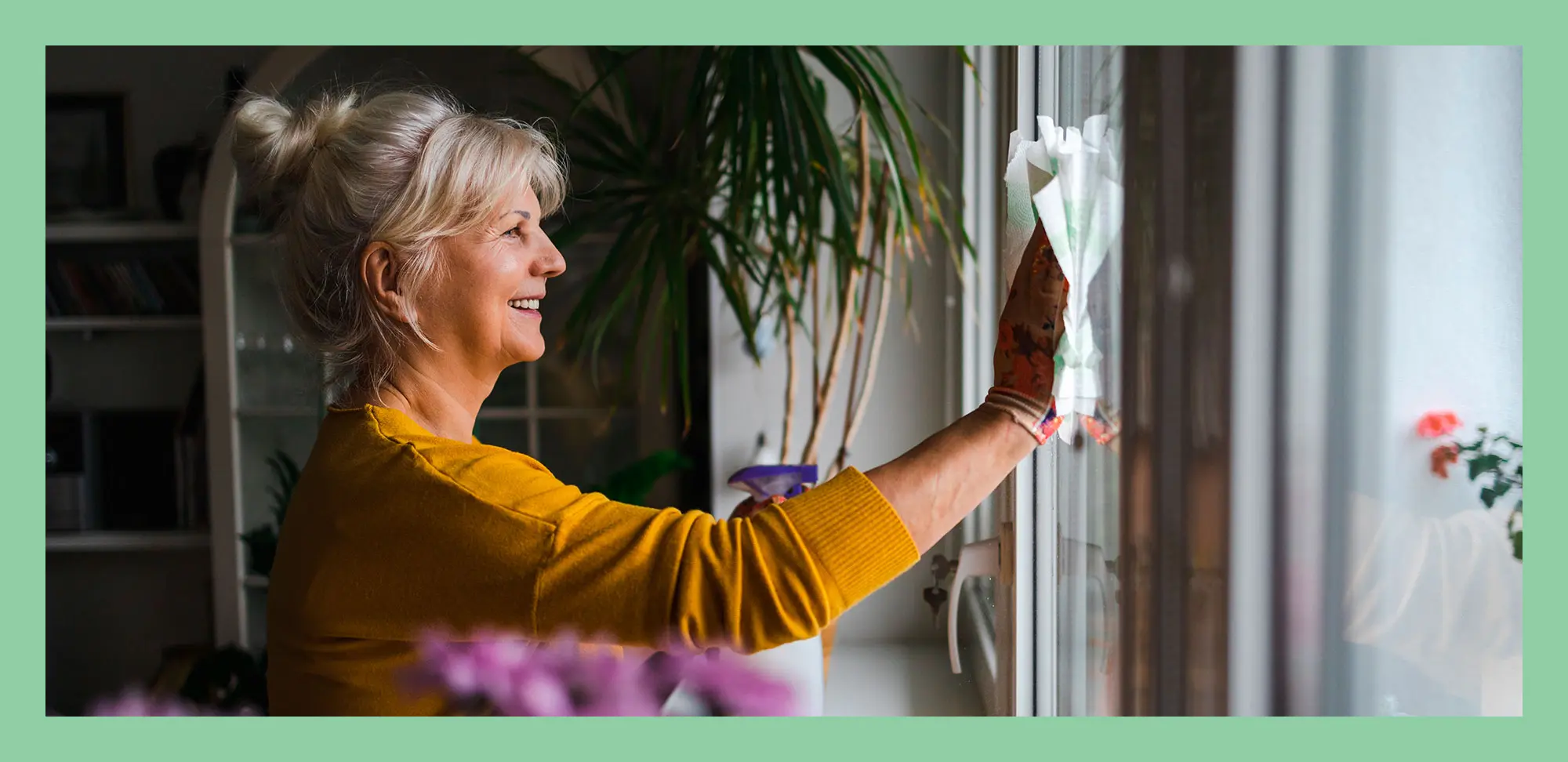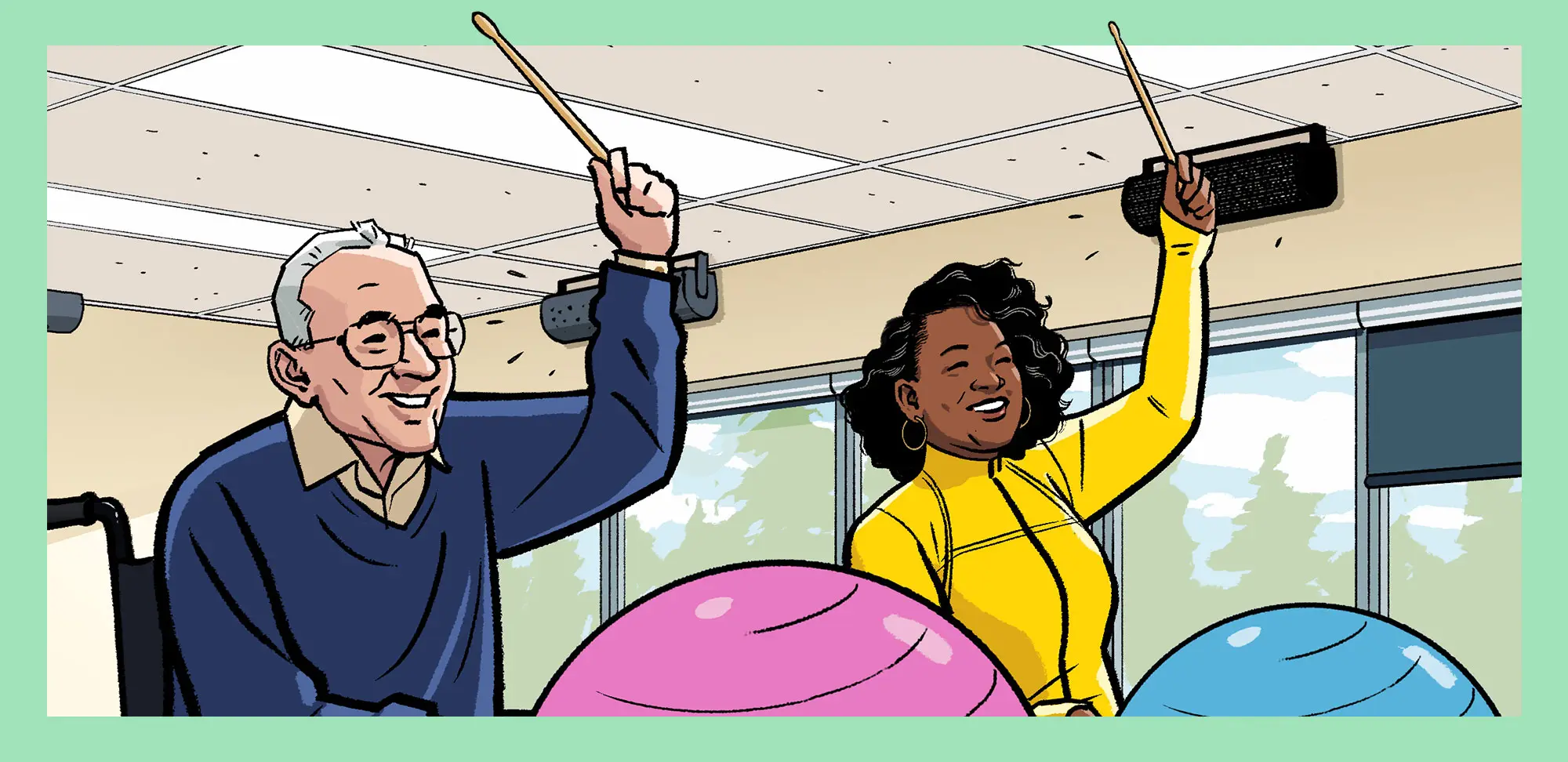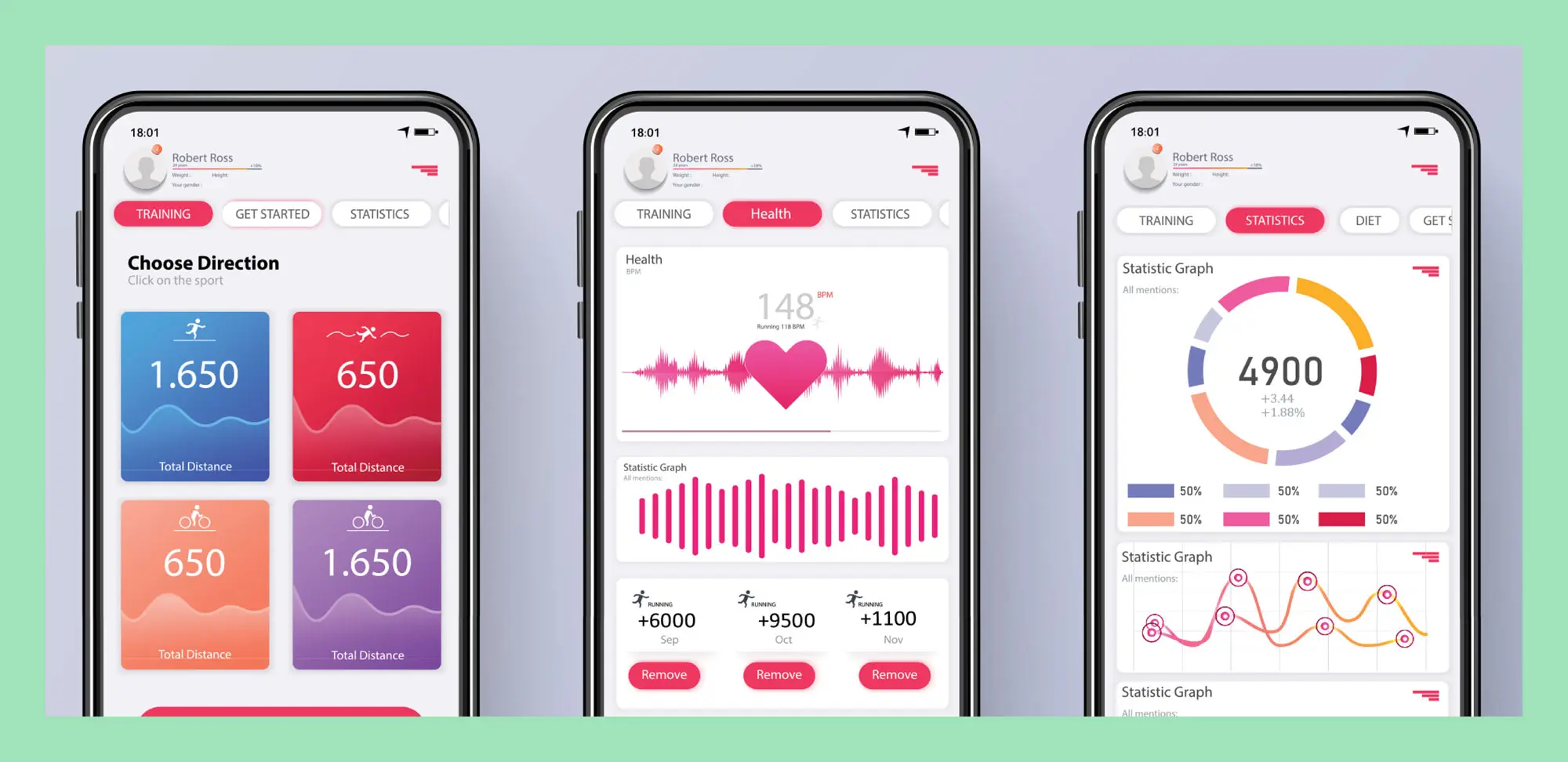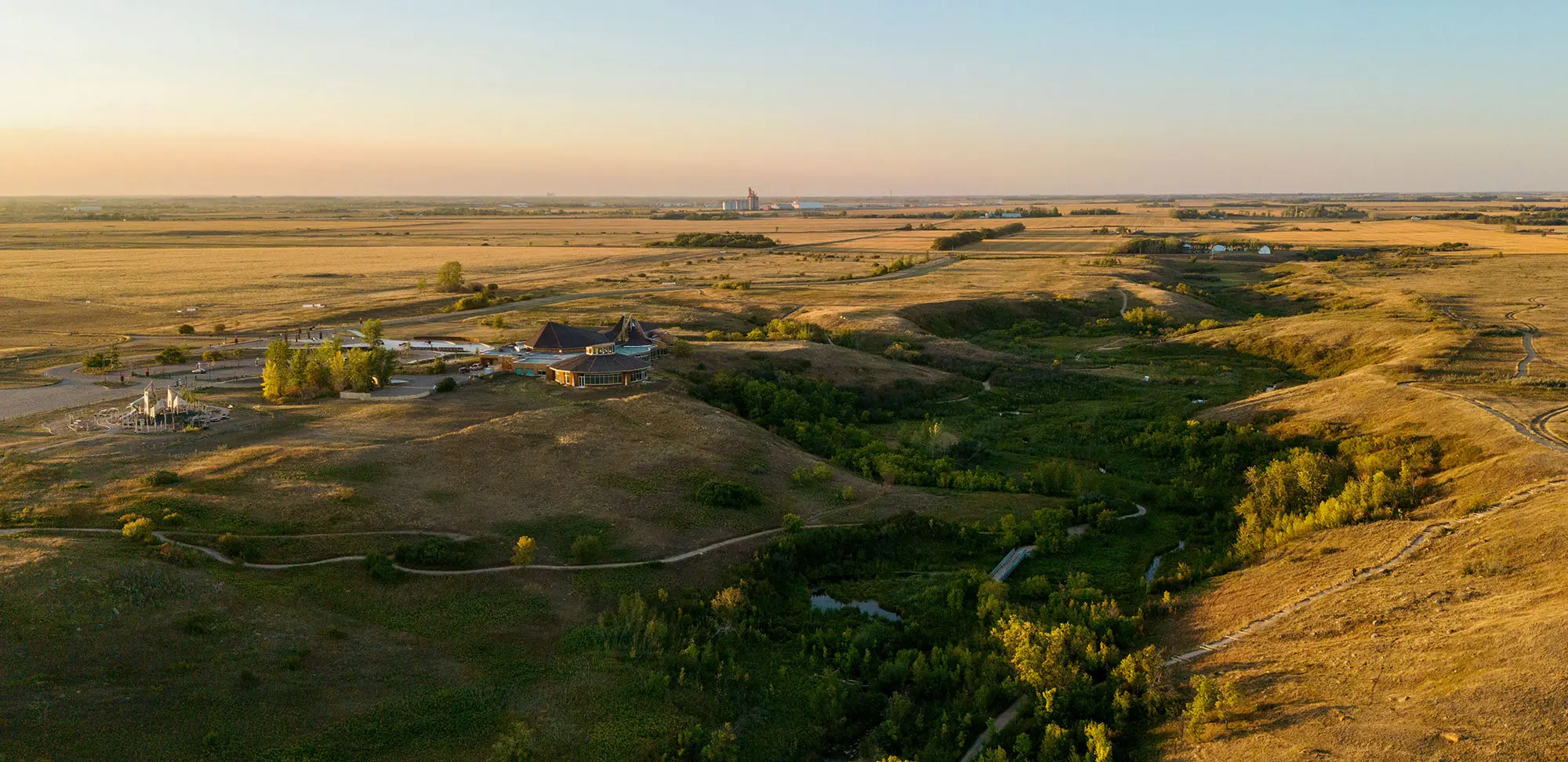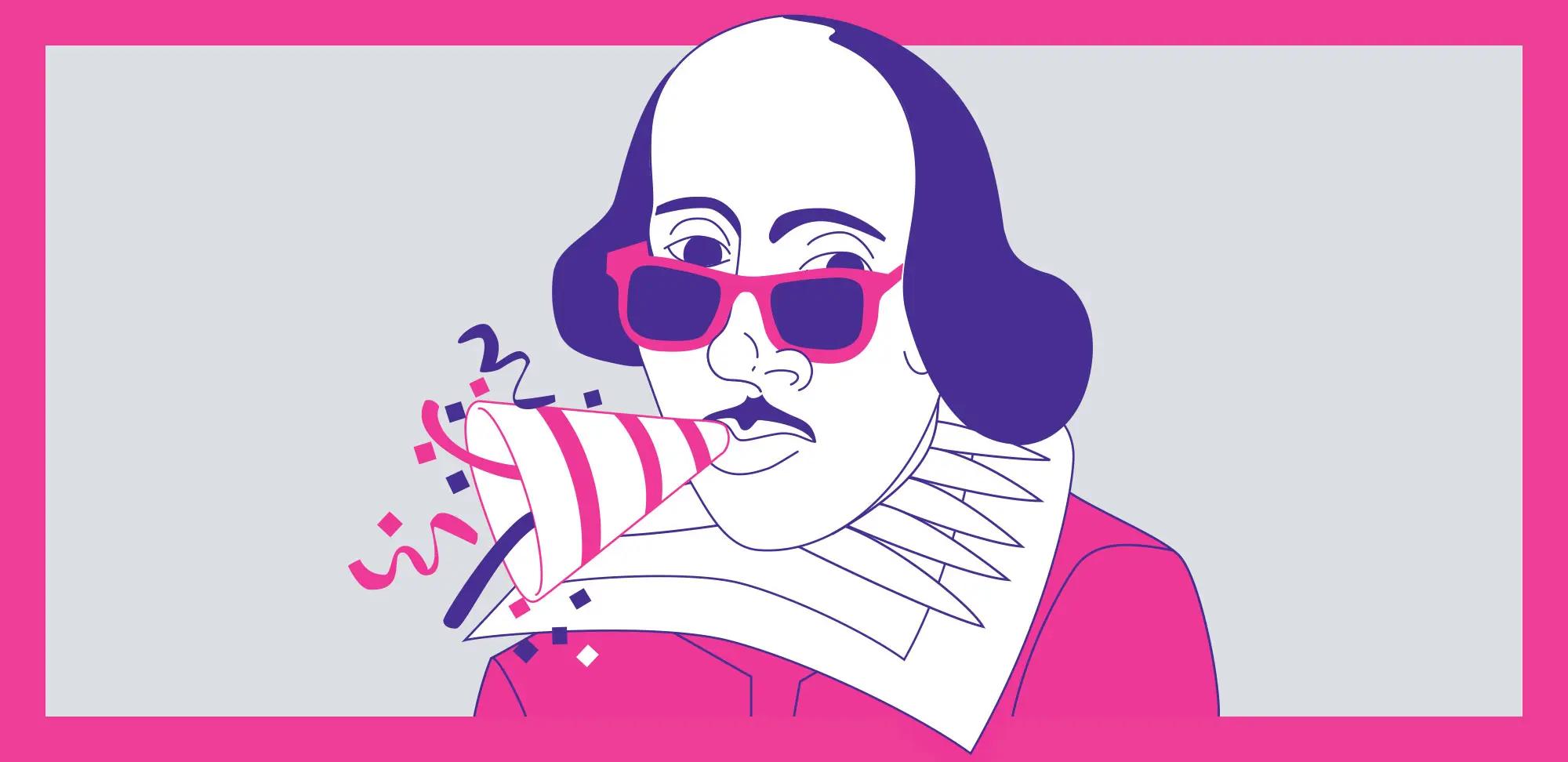Naturopathic doctors are not significantly different from medical doctors, says Pamela Frank, a Toronto-based naturopathic doctor (ND). “We’re pretty similar in terms of the education we have — and also certain rights and privileges, like being able to order blood tests, provide a diagnosis and monitor treatments.”
Like medical doctors, NDs look at their patients’ physical health — but also theirmental/emotional health, lifestyle and environment. NDs also focus on natural treatments, such as nutrition, acupuncture and Chinese medicine.
“One of the things I used to hear quite often is that there is no research or evidence to support what we do,” Frank says. “That’s absolutely a myth. I usually wouldn’t recommend something for someone unless I’ve seen some research that this is a reasonable treatment.”
Most NDs, Frank says, “will work hand in hand with general practitioners if people want to coordinate their efforts between conventional medicine and naturopathic medicine.” In fact, Frank encourages patients to see both. “It’s nice to meld both and to get the benefits of both worlds.”
Shawn O’Reilly, executive director and director of government relations with the Canadian Association of Naturopathic Doctors, agrees. NDs are becoming part of a patient’s team of healthcare providers, she says: “They’re complementary; they’re not alternative.”
Patients seek out NDs for any number of ailments and conditions. Most common are digestive issues — such as bloating, gas, constipation — and then severe gut issues such as ulcerative colitis or Crohn’s disease. The other two big areas are hormonal imbalances and allergies/autoimmune disorders.
O’Reilly says people seek out NDs for a variety of reasons. Some are looking for “health-promotion and disease-prevention strategies,” she says. “They recognize that health just doesn’t happen; you have to work at it.” Others have “a range of symptoms but haven’t been able to address these on their own, or with the help of their current healthcare professionals.” Still others have been diagnosed with an illness “and are getting the conventional treatment but want to bring in naturopathic medicine to improve their quality of life during that treatment and to make sure they minimize the side effects of any drugs or surgeries or conventional treatments they’re on.”
“The treatment plan is developed based on all the assessments, which will include diagnostics and lab tests.” – Shawn O’Reilly
What to expect
Your first visit with an ND is anywhere from 60 to 90 minutes, and you’ll fill out comprehensive intake forms. “It’s a very thorough assessment of the patient, their life, what their expectations are,” O’Reilly says. “And then the treatment plan is developed based on all the assessments, which will include diagnostics and lab tests.”
“I’ll ask about past medical history, any concerns or conditions they have right now, family history, medications, supplements, overall health, energy level, sleep, stress levels,” Frank says.
Did you know?
“The protected title for regulated naturopathic doctors and for the doctors that are members with the Canadian Association of Naturopathic Doctors is ‘naturopathic doctor,’” says Shawn O’Reilly. “That’s the term we use. Until there is regulation right across Canada, there are those that may refer to themselves as a naturopath, but they don’t have the training or education of NDs, and they would not qualify for regulation.”
The provinces currently regulated are British Columbia, Alberta, Saskatchewan, Manitoba, Ontario and the Northwest Territories.
Nova Scotia doesn’t have full regulation yet, but there is an act that protects the title, O’Reilly says. “Only a qualified naturopathic doctor in Nova Scotia can call themselves an ND and treat patients as such, and qualify for insurance coverage.”
Provincial health plans do not cover ND services, but most extended healthcare plans do.
Training and regulations
In North America, NDs have a minimum of seven years of post-secondary education: an undergraduate degree (with prerequisite science courses) from a recognized university and then a four-year, full-time post-graduate degree from an accredited naturopathic medical program.
“The programs are accredited by the Council on Naturopathic Medical Education, which is based in the US but is recognized as the Canadian accreditor,” O’Reilly says. Upon completing the program and passing standardized North American licensing exams and jurisdictional exams, NDs are registered in their regulated jurisdictions and can begin practising. They are also required to supply proof of continuing education annually and to carry malpractice insurance. And, just like the College of Physicians and Surgeons of Ontario, the College of Naturopaths of Ontario handles any complaints.
However, there is not a regulator for NDs in all provinces and territories yet, and that presents a problem, O’Reilly says. “If there’s an issue — and usually it’s with those people who are not qualified NDs — there’s no recourse for patients.”
That means, if you’re looking for an ND, do your homework.
Shop around
Most NDs offer a 15-minute complimentary consultation, Frank says, to answer questions and help prospective patients feel at ease with the process, because “we all do practise a little bit differently,” she says.
Naturopathic doctors have what is termed “special interests.” (They are not permitted to say they specialize.) For example, some may focus more on dietary approaches or acupuncture. (The Ontario Association of Naturopathic Doctors, at oand.org, can help you source out NDs’ special interests.)
Ask questions. Ask about their education and training. Where did they graduate?
Are they listed with any regulatory authorities?
Watch for the impossible. Promising cures or quick fixes should raise a red flag, O’Reilly says. “NDs work to get to the root cause.”
In the end, if Canadians want to get healthy and stay healthy, NDs can help. “They are educators,” O’Reilly says, “but they also expect their patients to take an active role in their health. They expect their patients to commit to making the changes needed to get healthy.”



